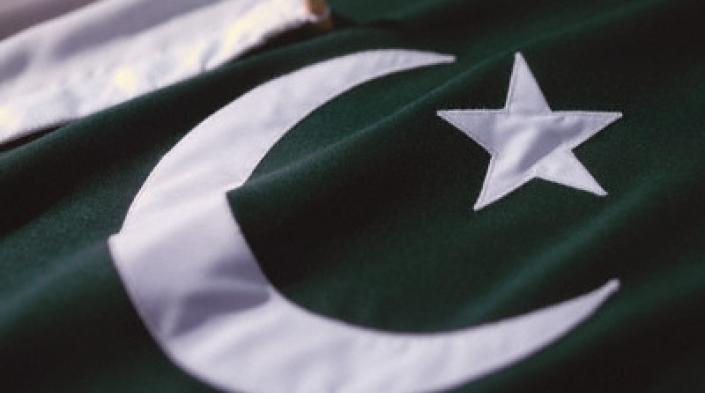 "Cloth Pakistan Flag", by takebackpakistan on Flickr
"Cloth Pakistan Flag", by takebackpakistan on Flickr
Dernière mise à jour de cette page le
25 national, regional and international civil society organisations (CSOs) express their deep concern over the suspension and expulsion of 18 international non-governmental organisations (INGOs) in Pakistan. These organizations serve millions of people in Pakistan and contribute to the country’s economic and social development. We are also concerned that these actions indicate further restrictions to Pakistan’s already repressed civic space and urge the government to reconsider this decision.
On 3 October 2018, Pakistan’s Interior Ministry ordered 18 INGOs to wind up their operations within 60 days. The Interior Ministry had rejected their applications for re-registration in November 2017 without providing reasons, and subsequently rejected their appeals of the rejections. The appeals of more than a dozen other INGOs are still under review.
These expulsions come three years after the previous government ordered all INGOs operating in Pakistan to re-register with the Interior Ministry in October 2015, under a new INGO policy that effectively impedes the registration and functioning of international humanitarian and human rights groups.
The new policy and registration process required the submission of detailed accounts of INGOs’ current and past project funding. Even more concerning, all INGOs working in Pakistan are required to sign a new Memorandum of Understanding (MoU), which prohibits any participation in ‘political activity,’ such as campaigning and advocacy activities, as well as distribution of materials deemed to negatively affect social, cultural and religious sentiments. The MoU also prevents INGOs from appealing the government’s decisions in court.
Local and concerned NGOs have called on the Interior Ministry to permit the INGOs to reapply for registration before closing their operations to avoid the extensive disruption that would otherwise occur. Pakistan has the world’s sixth biggest population, but a fifth of the people are still living in poverty. INGOs are helping to deliver the new governments’ 100-day reform agenda. In 2017 alone, the INGO sector reached an estimated 34 million people with humanitarian relief and development assistance. The 18 NGOs affected by the closure order are engaged in supporting access to healthcare, education and good governance.
The undersigned groups urge the government of Pakistan to create an enabling environment for civil society and human rights defenders to operate in accordance with the rights enshrined in the Constitution of Pakistan, International Covenant on Civil and Political Rights (ICCPR) and the UN Declaration on Human Rights Defenders, among others.
We therefore urge the Pakistani authorities to reconsider its decision to suspend these organisations and to allow them to apply again for re-registration. We also call on the government to revise the policy for INGOs so that it does not contravene the rights to freedom of expression and association and cannot be misused to restrict their legitimate work.
Sincerely,
-
African Centre for Democracy and Human Rights Studies (ACDHRS)
-
Americans for Democracy and Human Rights in Bahrain (ADHRB)
-
Asia Development Alliance
-
Asian Human Rights Commission (AHRC)
-
Association For Human Rights in Ethiopia (AHRE)
-
Association for Progressive Communications (APC)
-
Bytes for All ( Pakistan)
-
Caucasus Civil Initiatives Center (CCIC)
-
CIVICUS
-
Сenter for Civil Liberties, Ukraine
-
Civil Society Organisations Network for Development (RESOCIDE), Burkina Faso
-
Digital Rights Foundation, Pakistan
-
Fundacion Ciudadano Inteligente, Chile
-
Free Expression Myanmar (FEM), Myanmar
-
Human Rights Concern - Eritrea (HRCE)
-
Innovation 4 Change( I4C) South Asia Hub
-
Irish Council for Civil Liberties (ICCL)
-
Karapatan, Philippines
-
Kontras, Indonesia
-
Lokataru Foundation, Indonesia
-
Metro Center, Iraq
-
Odhikar, Bangladesh
-
SUDIA (Sudanese Development Initiative), Sudan
-
Uganda National NGO Forum, Uganda
-
West African Human Rights Defenders’ Network (WAHRDN/ROADDH)


